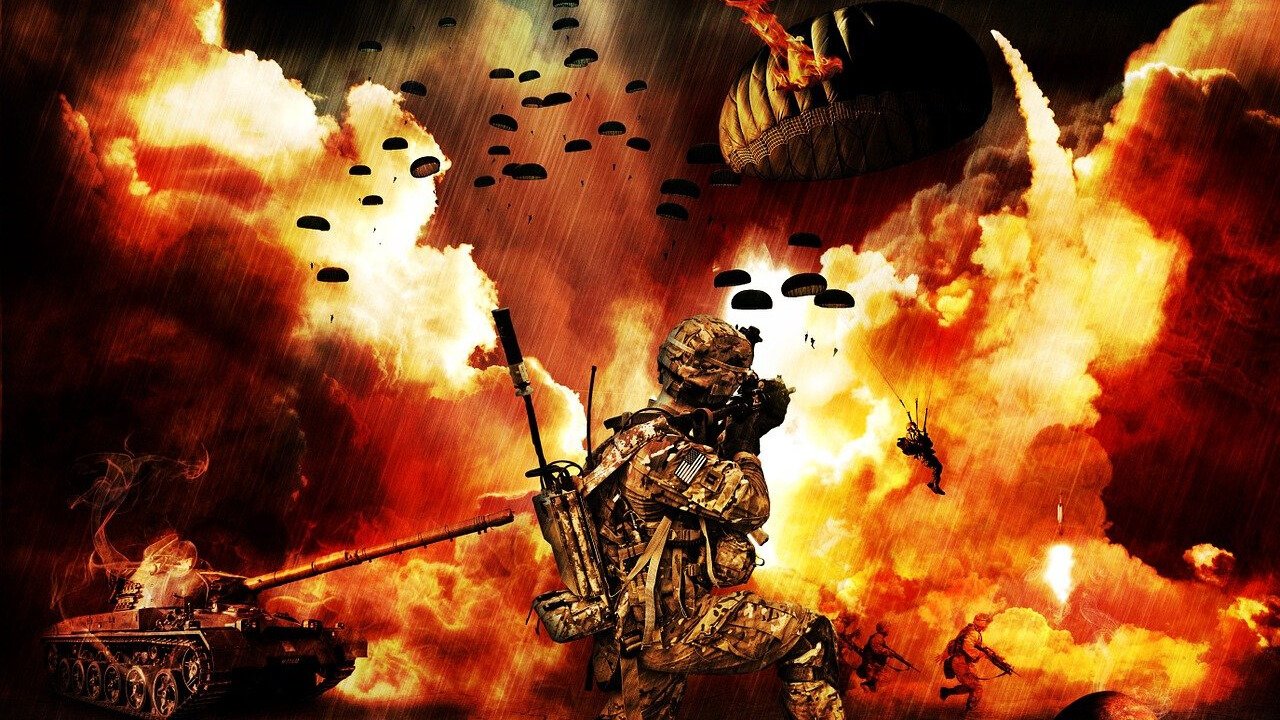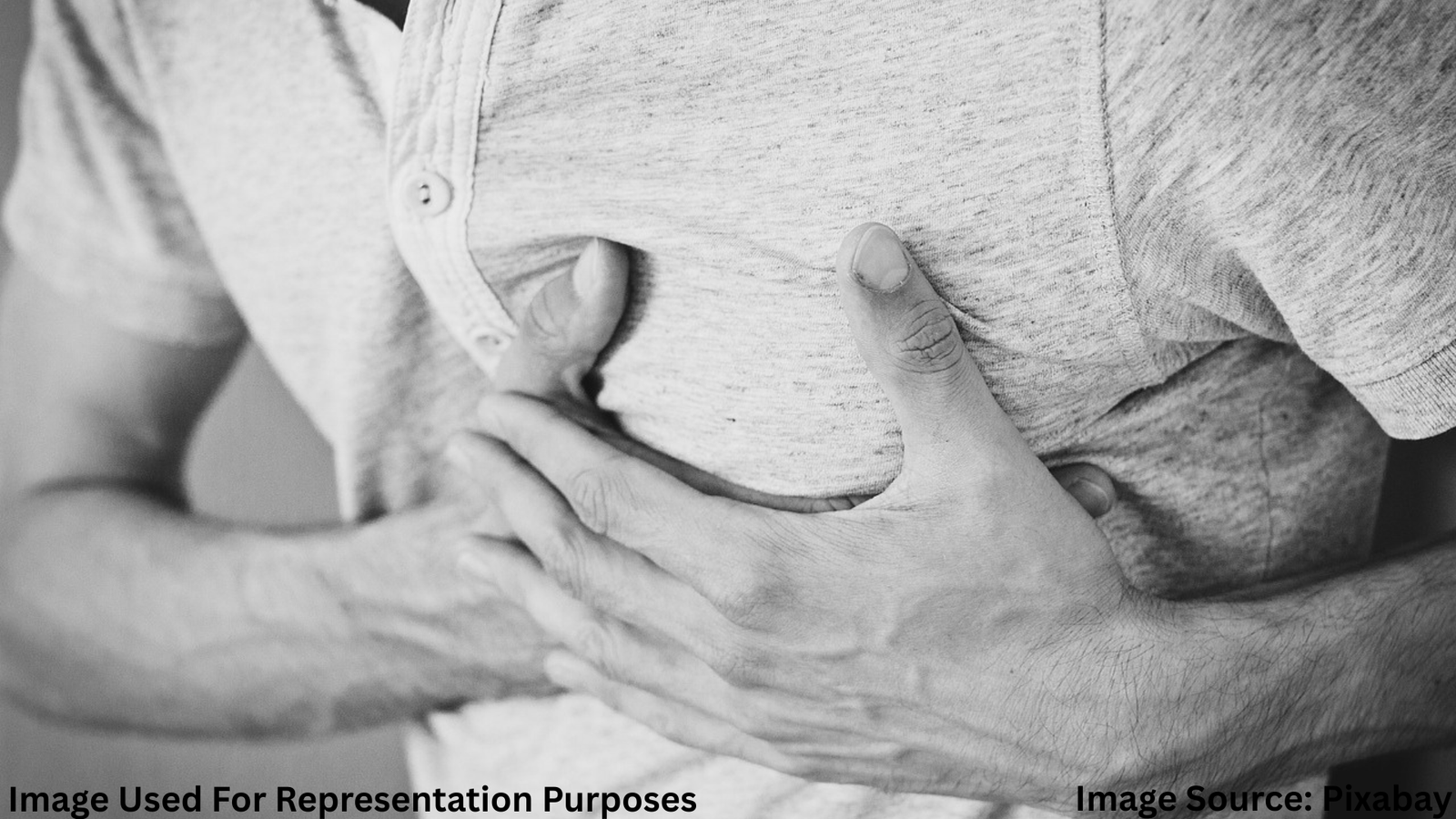
The Russian-Ukraine War Impact
The Russian Ukraine war Impact continues to shape global narratives in 2025. Although the destruction is undeniable, there’s an emerging sense of resilience and diplomacy. This conflict, though tragic, has sparked renewed conversations about peace and stability worldwide.
Background of the Russian Ukraine War
The Russian Ukraine war, which erupted in February 2022, was a turning point in modern European history. It began as a territorial dispute and quickly escalated into a full-blown military crisis. At its core, the war is about sovereignty, national identity, and geopolitical alignment.
Despite numerous ceasefire attempts, hostilities persisted due to political fragmentation and military stalemates. The impact war goes beyond Ukraine’s borders—it touches economies, military alliances, and international law.
Global Impact of the Russian Ukraine War
Economic Disruption
The impact War has caused is most evident in global energy prices. Europe, once heavily reliant on Russian gas, was forced to diversify energy sources. Inflation soared globally, especially in developing economies.
Military Shifts
NATO expanded its influence, with countries like Finland and Sweden seeking membership. The arms trade surged, and the idea of “neutrality” faded fast.
To understand the sequence of events behind the conflict, explore our https://24afnews.com/ukraine-war-timeline 2025 for a detailed breakdown.
Trade and Sanctions
Sanctions on Russia disrupted global trade flows. The agricultural and tech industries felt this acutely, especially countries dependent on Ukrainian grain and Russian metals.
Humanitarian Crisis and Response
As millions fled Ukraine, neighboring countries like Poland and Romania opened their borders. NGOs and humanitarian bodies acted swiftly, though resources became strained. The impact on civilians is a stark reminder of the human cost of geopolitics.
The displaced populations have also contributed to labor shifts in Europe, adding complexity to immigration policies.
In addition to the large-scale displacement, the mental health toll on Ukrainian civilians has been severe. Children, in particular, face long-term trauma, disrupted education, and separation from families. Mental health professionals from various countries have partnered with local organizations to set up counseling hubs and support centers.
Meanwhile, healthcare infrastructure has crumbled in key cities, making access to basic medical care extremely difficult. Despite these hardships, community resilience is evident, with volunteers emerging from within the conflict zones to provide food, medicine, and temporary shelter. This decentralized effort has become a lifeline, especially in underserved rural and border areas
Political Consequences
In Russia, dissent has grown, though opposition is often silenced. Ukraine, on the other hand, has seen a surge in nationalism and unity. Globally, the Russian Ukraine war has accelerated the polarization between the West and other powers like China.
This bifurcation challenges the idea of a multipolar world. Countries are now reassessing alliances and foreign policy priorities, creating new blocks and strategies
As the war endures, domestic politics across Europe are being reshaped. Public opinion has turned increasingly toward defense spending, even in countries that once prioritized neutrality. Political parties once considered fringe—either far-right or far-left—are gaining traction by capitalizing on war fatigue and economic instability. Meanwhile, Ukraine’s leadership has garnered global praise for resilience and transparency, boosting its international reputation.
Russia faces increasing isolation diplomatically, but continues to build ties with non-Western powers such as Iran and China. These realignments signify a new political chessboard, one that redefines loyalty, trust, and influence across the global political ecosystem
The Path Toward Resolution
There is hope. Peace talks, though fragile, continue under international mediation. The impact of the war has prompted global calls for reforming international conflict resolution frameworks. Some propose stronger roles for neutral mediators, while others advocate for a UN Security Council reform.
Even in war, the seeds of diplomacy can sprout. While the end remains uncertain, the will for peace is slowly emerging from the fog of battle.
Experts believe that a multilateral peace approach is the most viable route to lasting resolution. Countries from Africa, South America, and Southeast Asia are now joining peace talks, offering neutral grounds for negotiation. Additionally, digital diplomacy has emerged, with online summits and confidential backchannel discussions gaining traction.
Sanctions may gradually be lifted in exchange for concrete de-escalation steps, including troop withdrawal and prisoner exchanges. While some factions on both sides oppose compromise, public sentiment is gradually shifting toward diplomacy over destruction. The road to peace remains long, but incremental progress is evident in the tone and language of current dialogues
Final Thoughts
In summary, the impact of the Russian Ukraine war extends far beyond Eastern Europe. From military realignments and economic tremors to humanitarian displacement, the consequences ripple across continents.
Still, within this chaos, a quiet hope endures—a hope that this war will teach the world the value of peace, sovereignty, and global unity.

Akalumhe Jefferson is a content writer with a new found interest for crafting engaging stories that transport readers to new worlds. Although no current actual background in creative writing but there’s active love for writing



